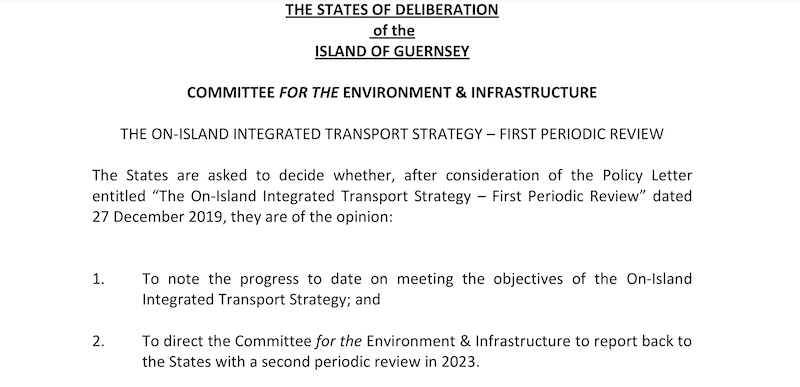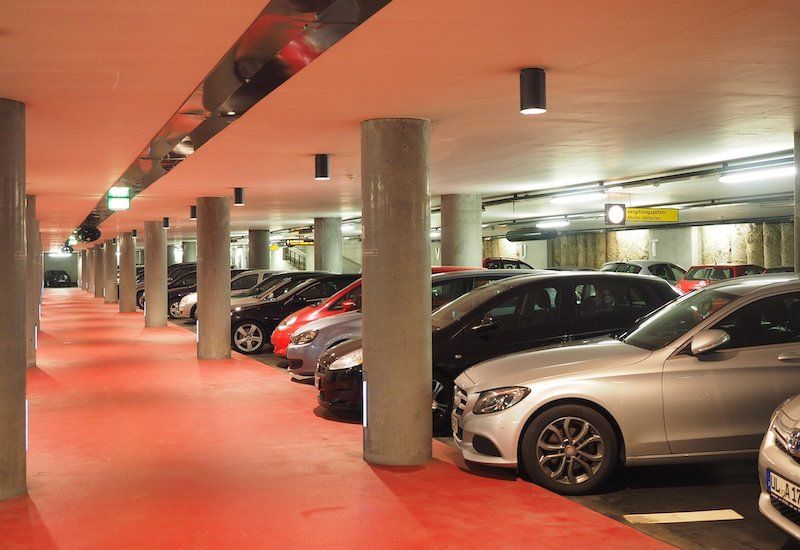
Pictured: Cats could get more protection while out on the roads if proposals are progressed under the review of the transport strategy.
When the transport strategy was approved by the States in 2014 it included a number of ideas, many of which have come to fruition over the years. They've seen an emphasis put on cyclist and pedestrians safety over motorists, with additional crossings installed across the island, and blister paving and dropped kerbs now included as a standard when new developments are worked on.
The review of the strategy which is scheduled for debate by the States within the next couple of months, will see deputies consider what progress has been made against various work streams.
The next phase of the strategy will be reviewed in 2023, almost ten years after the States agreed the On Island Integrated Transport Strategy, which at the time it was initially debated it was presented as a 'minority strategy' as an alternative to the official proposals put forward by the then-Environment Department.
The minority strategy was approved and replaced the official proposals.

Pictured: The review of the transport strategy can be read at gov.gg.
One of the ideas which could be investigated further during the next phase of the transport strategy is the possibility of treating work place parking spaces like a benefit in kind for taxation purposes, or through the introduction of a fee for those with parking spaces provided by their employer.
Those ideas were looked into by the former Treasury and Resources Department in 2015, as directed by a resolution in the Strategy but as they were to be considered alongside paid parking which wasn't backed by the States, the ideas were both dropped.
In the review document, the Committee for the Environment and Infrastructure, which now leads the transport strategy, said "either one of these initiatives would have been an important complementary component of paid long-stay parking: charging some commuters to park on public land while others could continue to park in space provided free of charge by their employer would have been perceived as unfair unless mitigating measures were also implemented.
"Because paid long-stay parking was not progressed, neither was this work stream. However, it may be worth re-examining the potential advantages and disadvantages of such schemes in their own right, as corporate parking has a significant influence on commuter travel."
That means that the States could now ask civil servants working for E&I to look into the idea of introducing work place parking fees or a benefit in kind taxation,.
E&I has said, "there is now a lot more data with which to assess the effectiveness of workplace parking levies in achieving various transport objectives. The Committee will therefore investigate whether this work stream should be revived."



Comments
Comments on this story express the views of the commentator only, not Bailiwick Publishing. We are unable to guarantee the accuracy of any of those comments.